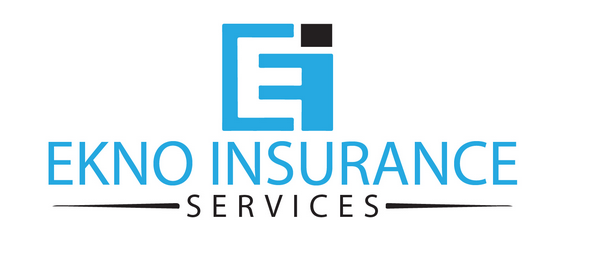Understanding Insurance and Property Line Disputes
Jul 09 2025 15:00
Homeownership is a rewarding venture, but it comes with its set of challenges, especially when unexpected damages occur. From disputes over property lines to the aftermath of a storm, navigating insurance responsibilities can be overwhelming. Understanding how your homeowner's insurance responds in these scenarios is crucial for ensuring financial protection and peace of mind. This blog addresses some common queries about homeowners insurance and property lines that many homeowners face.
Storm-Induced Tree Damage
When a storm hits and a tree from your neighbor's yard ends up damaging your home, your own insurance policy typically covers the repairs. However, if the tree was dead or diseased and your neighbor knew it posed a threat, their insurance might be liable for the damage. Knowing the condition of surrounding trees and communicating any concerns with neighbors can prevent such disputes.
Fire Damage from Nearby Properties
Fires are a devastating occurrence that can spread between properties. Fortunately, homeowners insurance generally covers fire damage that originates from a neighboring property. In situations where the fire was caused by negligence, such as an unattended candle or faulty wiring, your insurance provider might pursue a claim against the responsible party's policy to recover damages.
Navigating Flooding Issues
Water damage from a neighbor's property can be complex, especially when it involves proving negligence due to poor drainage or landscaping changes. It's essential to note that standard homeowners insurance usually does not cover flooding, making a separate flood insurance policy a wise investment. Understanding your coverage options can help manage these circumstances effectively.
Repairing Shared Fences
Property boundaries often include shared fences that may suffer damage during storms. Typically, both property owners share the cost of repairs. However, if one party's negligence, like improperly secured fencing, directly causes the damage, they might have to bear the full repair costs. Clear communication and agreements with neighbors can simplify these repair processes.
Handling Insurance Claims
When a neighbor's actions lead to damage, your insurance will handle the claim, potentially pursuing reimbursement from the other party's insurer through a process called subrogation if negligence is evident. If it's not proven, your policy will usually cover the damages without pursuing the neighbor’s insurance. Understanding this process helps prepare you for interactions with insurers.
Taking steps now can safeguard against future frustrations. Homeowners should review their insurance policies and consider additional coverage, such as flood insurance, to ensure comprehensive protection. Consult an insurance professional to clarify any coverage specifics, providing peace of mind in managing your property effectively.
